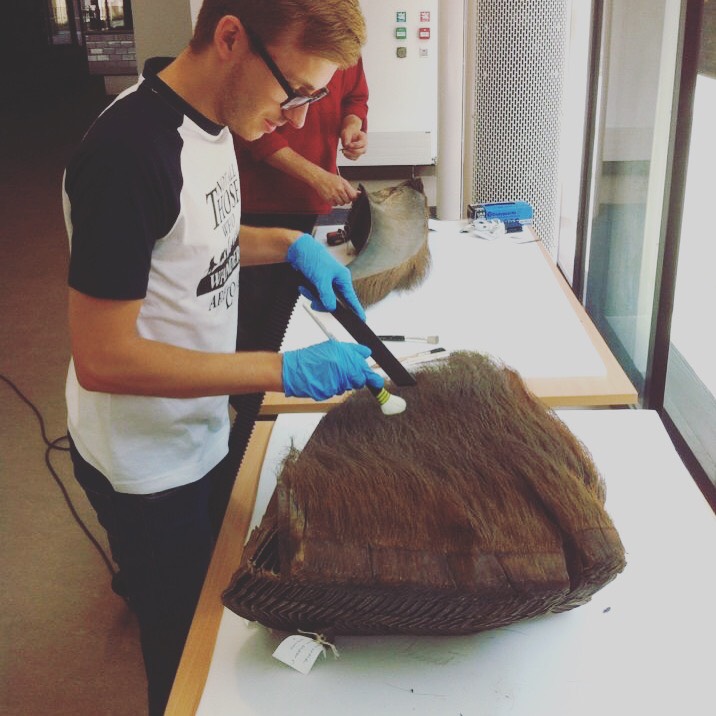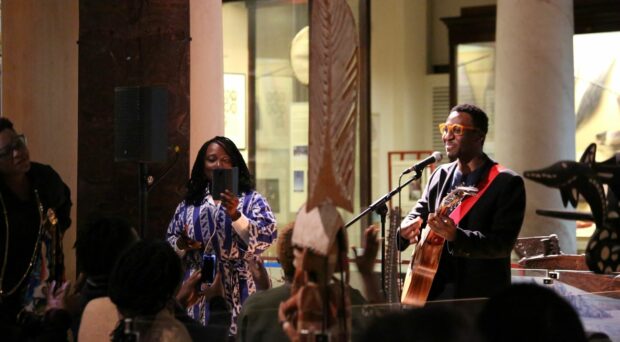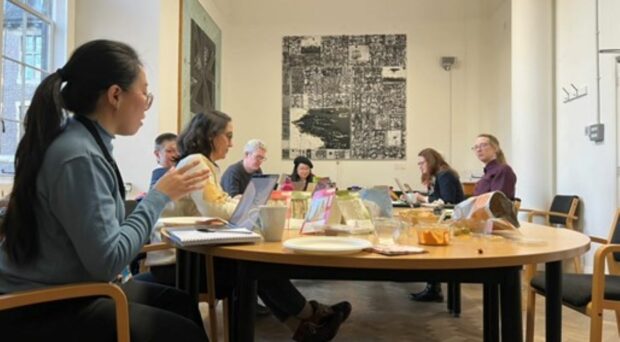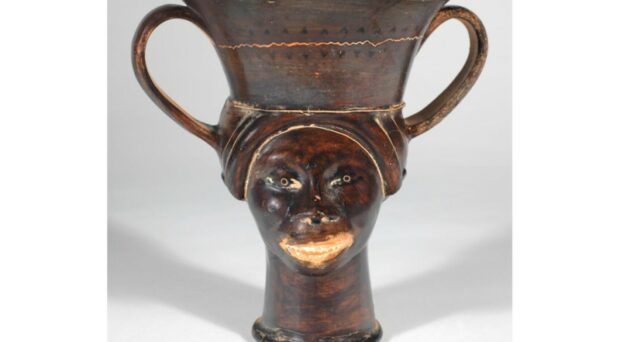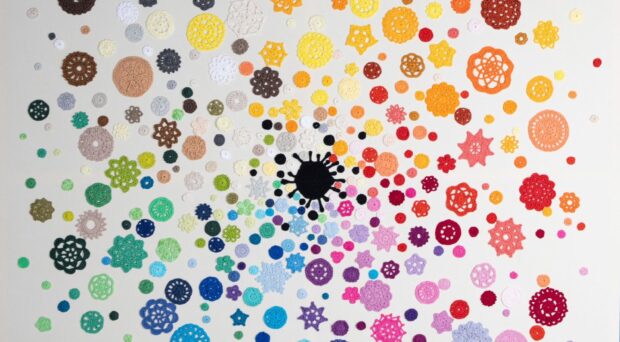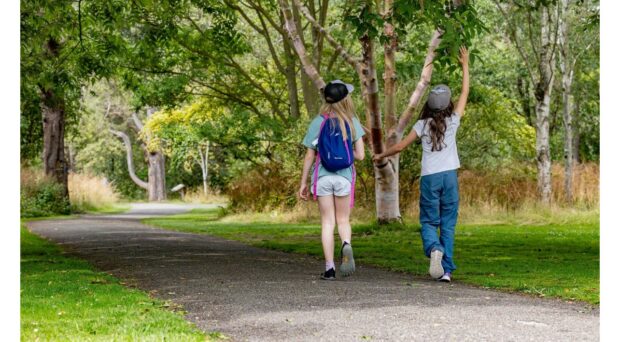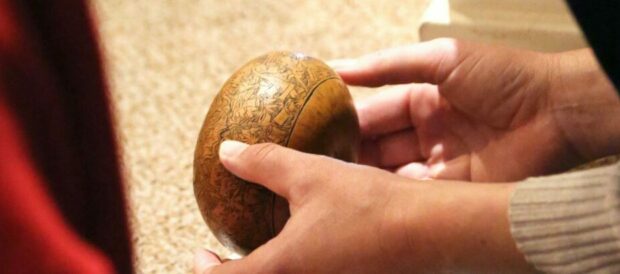I can hardly believe over two years have passed; its gone so quickly. I started my apprenticeship in December 2014 and looking back it seems like such a long time ago.
My first year at the Museum of Zoology consisted of a level 2 apprenticeship with North Herts College during which I learnt and applied many skills such as leadership, customer service and handling museum collections.
 My second-year apprenticeship was a level 3 with Creative & Cultural Skills. This was was 100% online based which meant I could focus on the photography of museum collections and working with my fantastic volunteer team.
My second-year apprenticeship was a level 3 with Creative & Cultural Skills. This was was 100% online based which meant I could focus on the photography of museum collections and working with my fantastic volunteer team.
My time at the museum took place during a very hectic redevelopment project where I helped the established collections team and volunteers move, conserve and eventually prepare specimens for display. I went into a collections role, working with the collections manager and various museum technicians, conservators as well as working with a diverse team of Volunteers, transferring various museum specimens in the stores and preparing specimens for display.
There were highs and lows, although the lows were usually hilarious (it’s always good to see the funny side of things). The best thing about working at the museum was the people. There was never a dull moment and the people I spent time with made each day even more enjoyable and exciting. Naming my favourite colleague would be tough, but I could certainly name my favourite object, although it changes every few months. The Moa material, such as the feathers and giant leg are astounding.
I owe a huge amount of my achievements to the support and encouragement of my manager, Mathew Lowe (Collections Manager). He was always there to support me through hard times and encourage me if I was ever at a dead end. I honestly could never have completed my apprenticeship without him and he has definitely set me up for future careers.
My new job is at Cancer Research UK Cambridge Institute where I’ll be a laboratory support assistant. This consists of monitoring and maintaining consumables in the labs, routine maintenance of laboratory equipment, specialised cleaning, monitoring labs and reporting equipment failures and Health and Safety issues.

